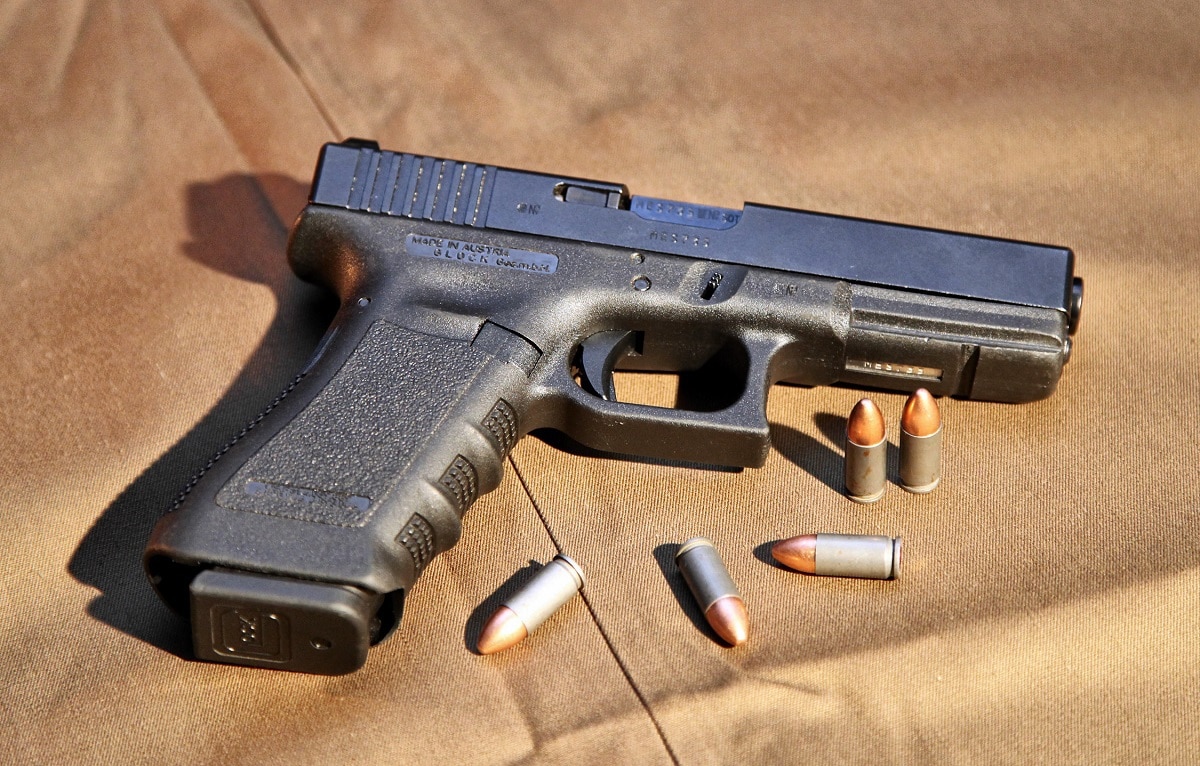Last year the FBI’s National Instant Criminal Background Check System (NICS) saw a record number of checks conducted. Total checks soared by 40 percent to a record 39.695 million in 2020, but another record was also broken – blocked sales.
According to data from the grass-roots gun control group Everytown for Gun Safety more than 300,000 people were stopped from buying a gun from a licensed dealer. That was nearly twice as many block transactions as the year before, and about 42 percent of the denials were due to the fact that the would-be buyer had a felony conviction on his/her record.
The increased number of blocked sales largely tracked with the record-setting number of actual sales that occurred in 2020. Sales increased during the early stages of the novel coronavirus pandemic, and then remained strong last summer following a wave of often violent protests. The election of Joe Biden in November further drove sales to record levels, a trend that continued into 2021.
As the Associated Press reported, the rate of the barred would-be gun buyers increased over the past two years from 0.6 percent to 0.8 percent last year. The news outlet, which quoted UCLA law professor Adam Winkler, noted that many people who tried to buy a gun in 2020 may have been first time buyers, and they were not aware they were legally barred from owning them.
“Some may have a felony conviction on their record and not think about it,” said Winkler.
Making a false statement in connection with the NICS background check is itself a felony that is punishable by up to ten years in prison as well as a hefty fine. However, few people have actually been prosecuted for what amounts to lying on the form, added Winkler. The AP also noted that in 2017, just a dozen of the 112,000 people who failed to pass a background check were actually federally prosecuted. That was largely due to the limited resources required for time-intensive investigations.
Failed to Pass
For those who were prevented from purchasing a firearm last year, 16 percent were blocked by state laws, and 12 percent were blocked due to reasons related to domestic violence, according to the AP.
Gun control advocates have warned that the system works but not well enough.
“There’s no question that background checks work, but the system is working overtime to prevent a record number of people with dangerous prohibitors from being able to buy firearms,” Everytown research director Sarah Burd-Sharps said. “The loopholes in the law allow people to avoid the system, even if they just meet online or at a gun show for the first time.”
However, gun rights supporters have also said that the system is far from perfect. Rather than failing to stop potentially dangerous criminals, the background check can potentially stop the law-abiding from completing their purchase.
This can include so-called “false positives,” but also because records can be out of date, while those with common names can also be impacted.
“A day doesn’t go by that our office doesn’t get complaint calls from people who’ve been denied wrongly,” warned Alan Gottlieb, founder of the Second Amendment Foundation.
Peter Suciu is a Michigan-based writer who has contributed to more than four dozen magazines, newspapers and websites. He regularly writes about military small arms, and is the author of several books on military headgear including A Gallery of Military Headdress, which is available on Amazon.com.

